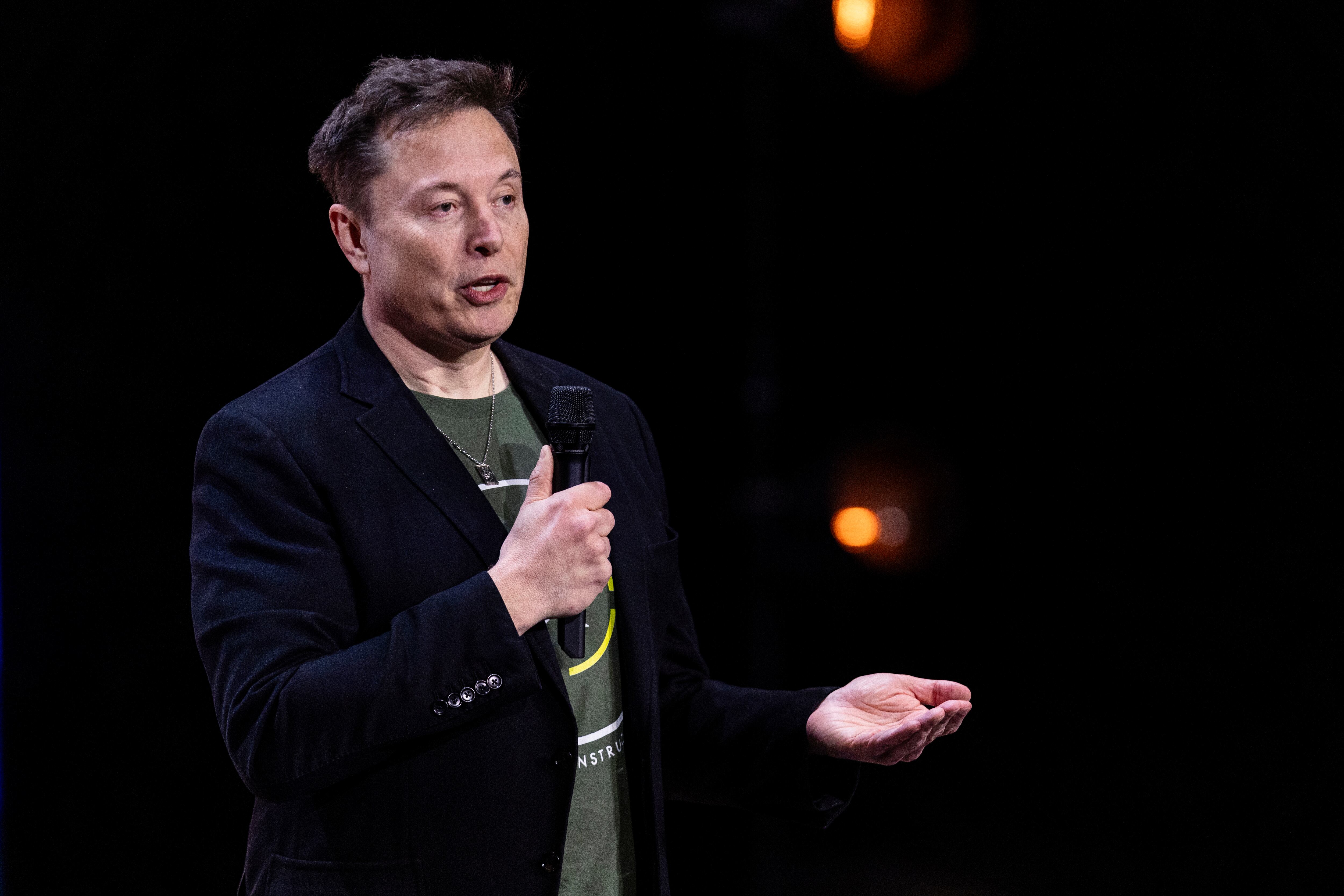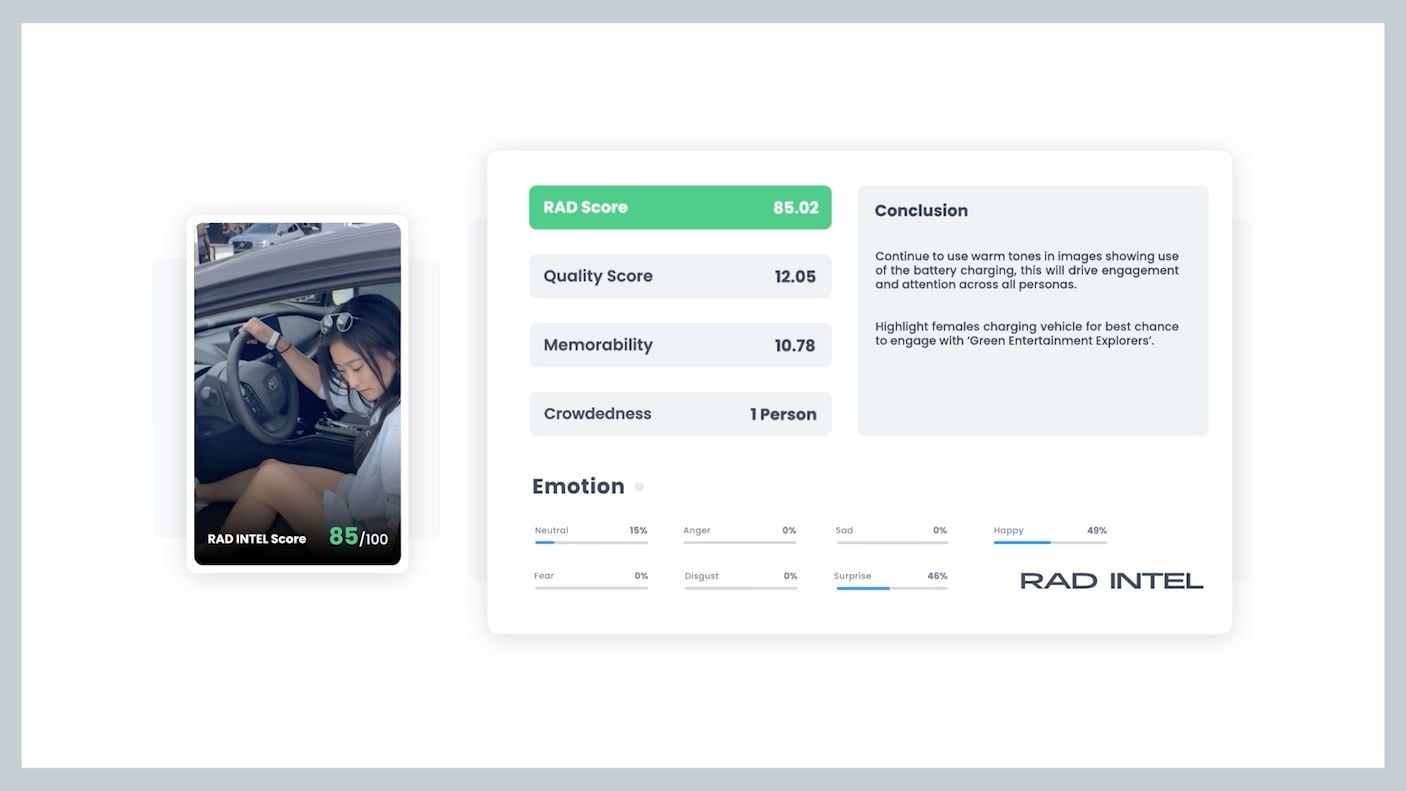*By Alisha Haridasani* It’s only a matter of time before a country officially adopts a cryptocurrency as its standard, said Citigroup CEO Mike Corbat. “It’s the logical next step,” he said in an interview with Cheddar on Thursday. Crypto’s underlying decentralized blockchain technology will enable financial institutions and governments to conduct safer transactions, replacing the "Know Your Customers" process and ensuring compliance with global regulations around money laundering, Corbat explained. But so far, the only test of a national crypto has run into problems. Venezuela became the first government to launch its own cryptocurrency, Petro, in March. The token’s value is pegged to oil and is widely seen as a [scam](https://www.bloomberg.com/news/articles/2018-04-03/crypto-rating-sites-are-already-calling-venezuela-s-petro-a-scam) as the country struggles to keep its economy afloat. And Corbat's bullishness on digital tokens runs counter to many heavyweights in the business world. Billionaire investor Warren Buffett last month described Bitcoin as “rat poison, squared”, and his business partner, Charlie Munger, likened the currency to “turds.” Even Bill Gates, who usually backs emerging technologies, derided cryptocurrencies as one of the “crazier speculative” investments and said he would short it if that was possible. Cryptocurrencies have been extremely volatile in recent months, particularly as the Securities and Exchange Commissions has intensified a crackdown on fraudulent Initial Coin Offerings (ICO). Bitcoin peaked in December, trading at over $19,000. Today, it hovers around $6,000. For the full interview, [click here](https://cheddar.com/videos/citi-ceo-talks-why-wall-street-matters-trade-tensions-and-immigration).












